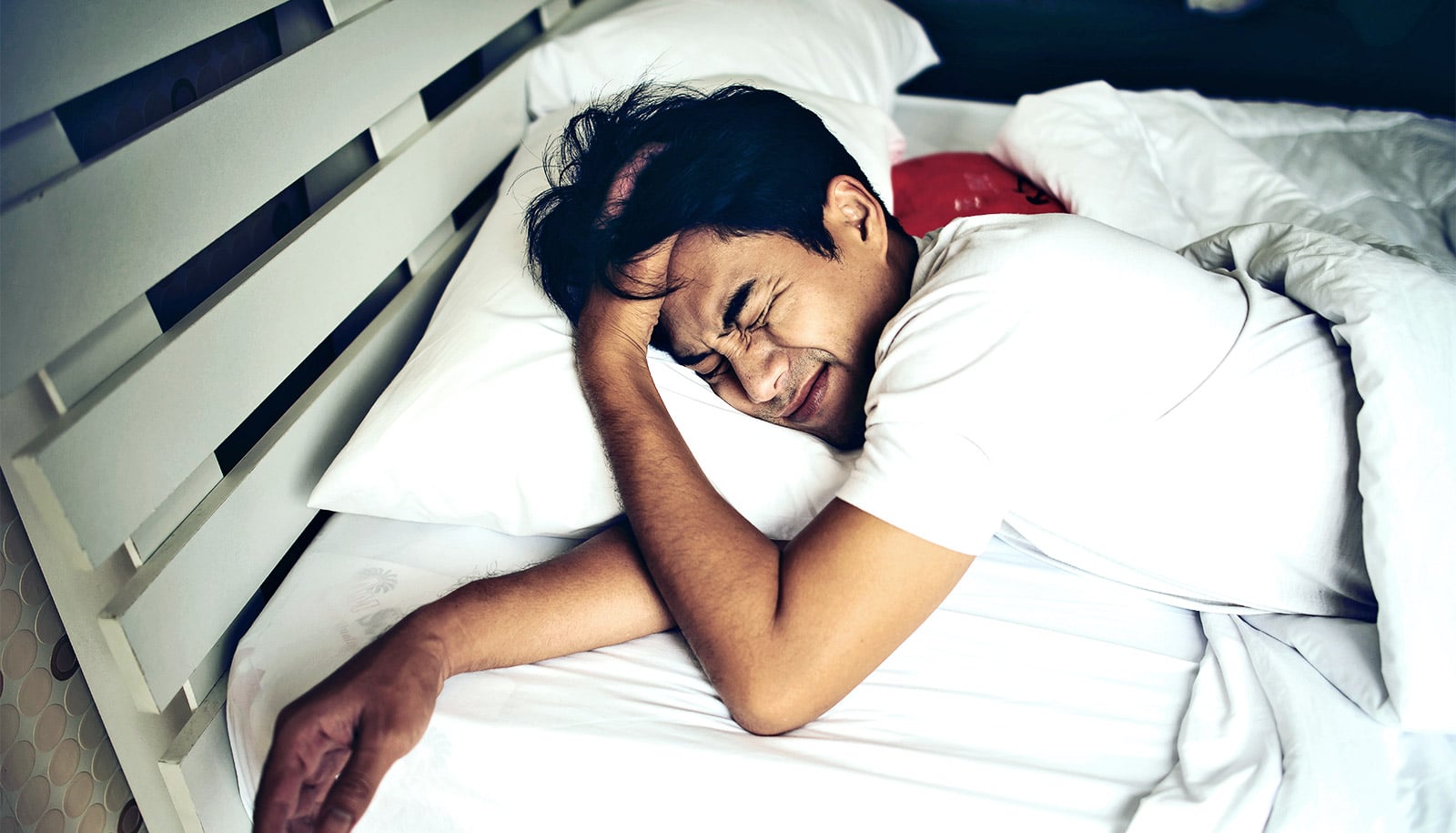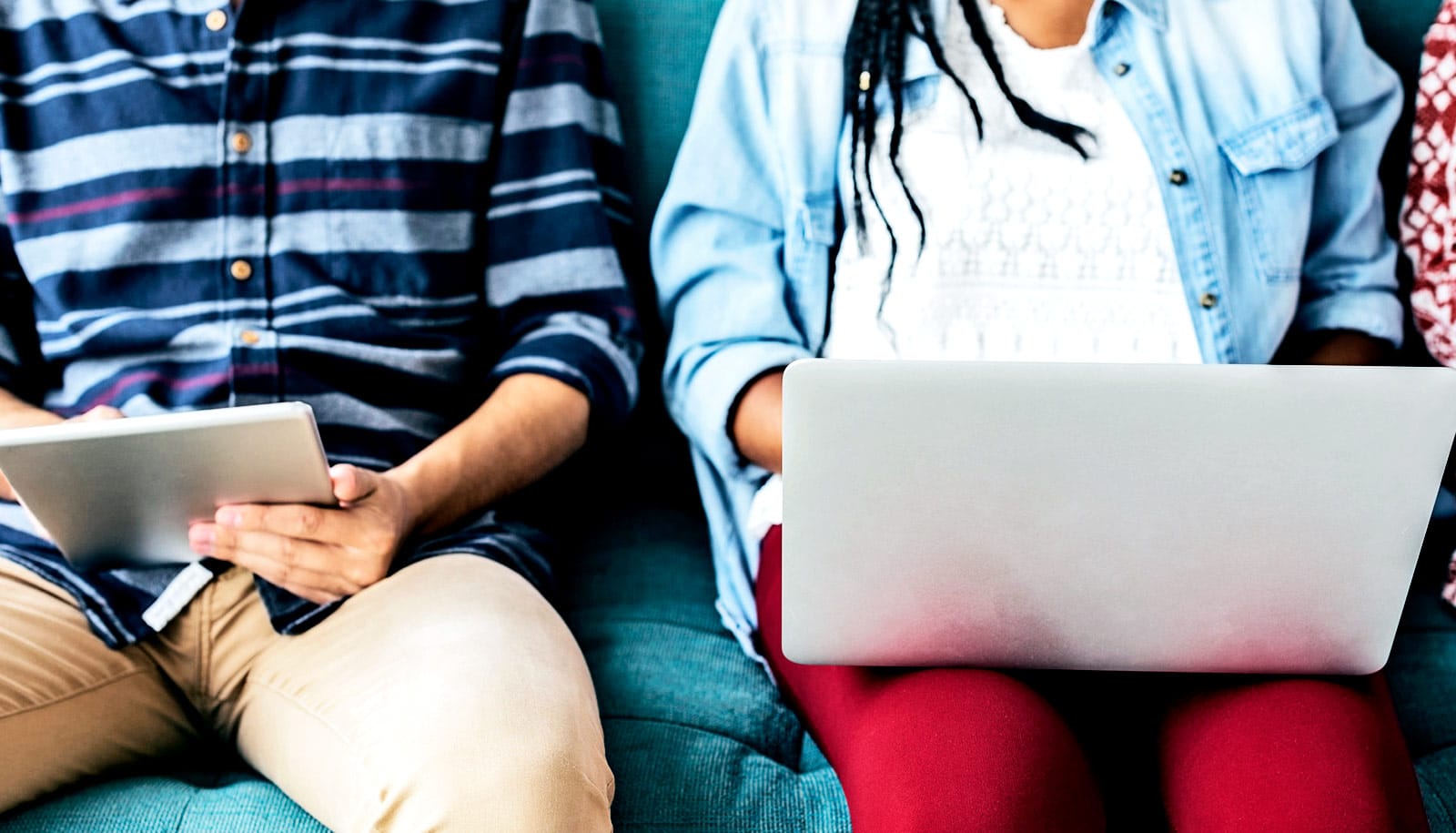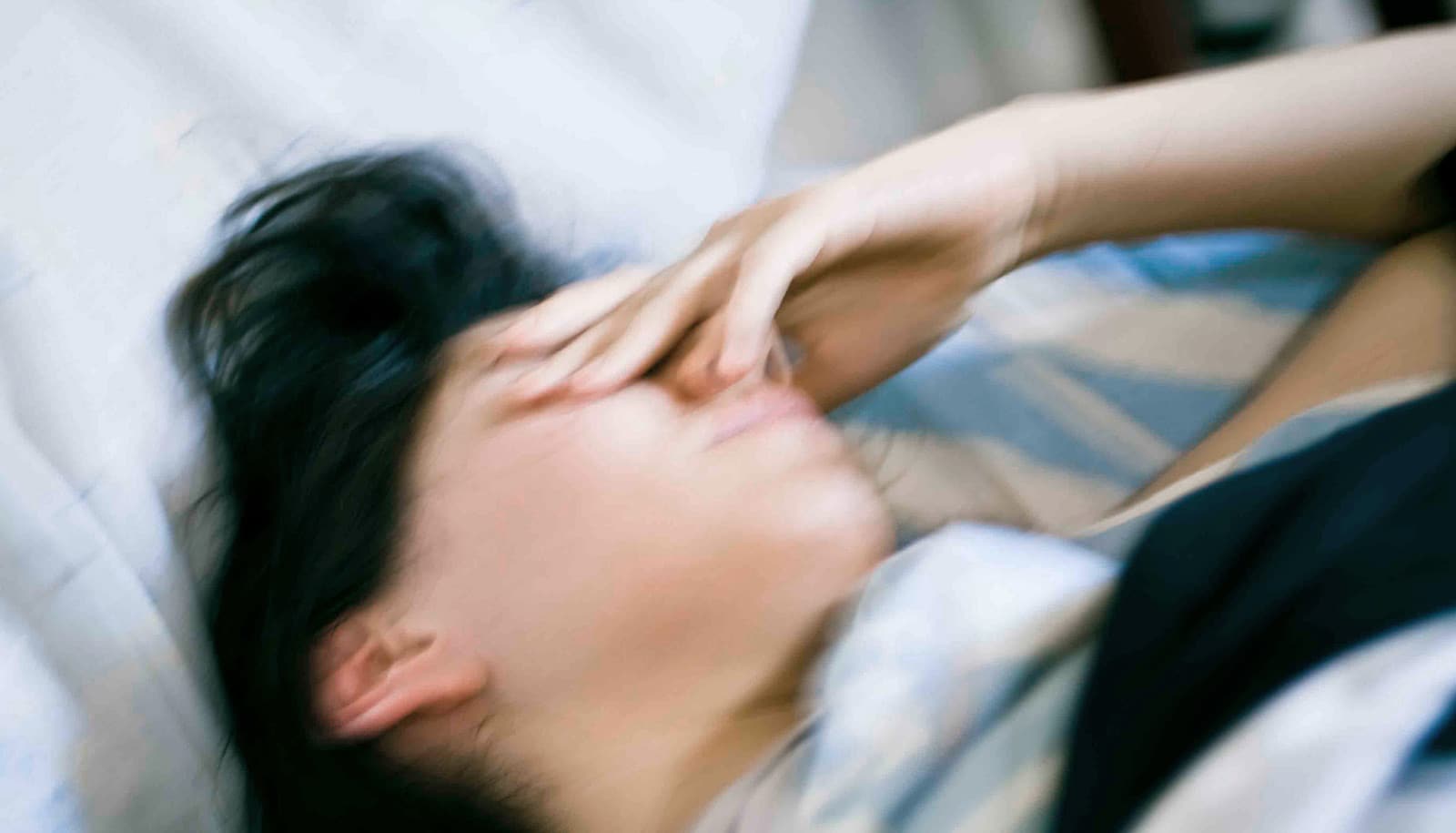A free app called Social Rhythms could help users understand their own sleep rhythms and shed light on how their biological clock is responding to lockdowns, researchers say.
It can also give tips about how to shift their potentially disrupted rhythms to a more appropriate time.
Almost overnight, the sleep and wake patterns of nearly four billion people may have changed because of COVID-19-spurred lockdowns.
The data generated by the app could also give scientists an unprecedented opportunity to examine disruption in circadian rhythms. Circadian rhythms are internal clocks in our cells that regulate when we sleep, when we wake, when we eat, and even our digestion. If these clocks are disrupted, a cascade of ill effects may occur, including a weakened immune system.

The Social Rhythms iOS app assesses how a person’s circadian rhythm changed before and after the COVID-19 pandemic. The app allows users to understand how their own body clocks have been affected and provide researchers with anonymized data to study the impact of disrupted circadian rhythms on a person’s health.
“During social distancing, lockdown, or quarantine, many of the key signals which tell our body what time it is, such as access to outdoor light, are blocked. Additionally, many signals which confuse our internal clocks, such as light from screens, have skyrocketed,” says Daniel Forger, a professor of mathematics at the University of Michigan.
“Some adults may also have their circadian timekeeping disrupted while caring for other individuals—young children—whose biological clocks run very differently.”
Others may benefit from the crisis, such as individuals who no longer have to work night shifts.
“In short, many of us may be experiencing circadian disruption which could lead to fatigue, mood changes, changes in sleep patterns, and decreased immune function,” says Forger, also a professor of computational medicine and bioinformatics and faculty affiliate at the Michigan Institute for Data Science at University of Michigan.
The app analyzes an individual’s circadian rhythms before and after social distancing. Users answer simple demographic questions, then upload data from their phones, Apple Watches, MiBands, or FitBits.
Algorithms on the group’s servers analyze the data, which then is used to generate a report for the user. The report uses straightforward graphics to show the user whether their biological timekeeping has shifted earlier or later. It also can point to other potential concerns about circadian timekeeping, such as whether the individual’s rhythms are becoming more irregular or if there is a disconnect between timekeeping between different parts of the body.
“What also is very unhealthy is some people are going to bed at 2 AM one day and then 8 PM the next day and midnight the next day,” Forger says. “You’ll be notified if your rhythm becomes more irregular or if it shifts later.”
The app will help the researchers build a vast database of information about circadian rhythms. The data will be stripped of identifying information, but will allow the researchers to study how this kind of disruption affects a person’s health and compare an individual’s health as a consequence of circadian rhythm shifts. Participants can delete their data at any time.
The researchers were originally developing this app to study major life events such as having a baby or beginning work on a night shift. But then, the coronavirus crisis happened.
“It presented the biggest global change in circadian rhythms of our lifetime,” Forger says.
Get the app here.
Source: University of Michigan



